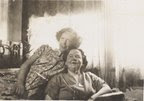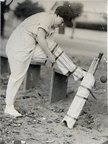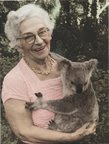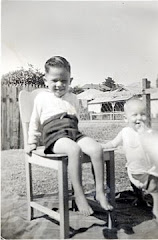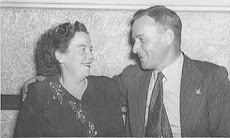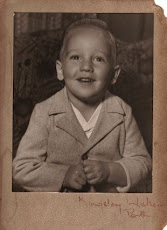July 4th - Independence Day
(and the anniversary of my arrival, in 1989, to take up residence in the U.S., the land of my maternal grandparents; in effect, my very own Independence Day; independence, that is, from the unconscious acceptance of the ruling metanarratives of the compulsory Australian masculinist stereotypes that had gnawed away at me - homophobia institutionalised and adumbrated right through the culture and dutifully internalized by me.)
Today I received news from a (tiny) publisher in Melbourne, that they are interested in to publish a version of the thesis I wrote that got me the PhD at the University of Queensland, in Brisbane, Australia. The thesis developed a new theory for a positive construction of queer spirituality, using Christopher Isherwood as my case study. I read Isherwood an early exemplar of a writer - and unapologetic homosexual - who stepped outside the hegemony of the Christian imaginary to seek out tools for growth from an alternative tradition; namely, Ramakrishna Vedanta.
Isherwood left Europe, along with his pal, the poet W.H. Auden, on the eve of WWII. While Auden stayed in New York, Isherwood travelled West, to seek out Aldous Huxley and other expatriates, including the polymath Gerald Heard, to garner intellectual support his newly-proclaimed pacifism. But Huxley had become a student of a Swami in the Ramakrishna Order and was 'making
japam' (doing meditation practice, using a mantra and beads).
As a former socialist and conscientious objector to the stuffy Anglicanism of his upbringing, Isherwood had rejected God as a kind of capitalist uber-Boss, so he was initially suspicious of anything remotely 'religious'. Heard and the Swami (Prabhavanada) presented meditation as an empirical practice, not requiring supernatural beliefs and Isherwood found the Swami's attitude to sexuality refreshingly different from the sin-based moralising he associated with the forms of Christianity with which he had become familiar.
Isherwood arrived in Southern California in 1939 and for more than 40 years combined a life writing for the Hollywood studios, hanging out with the stars, screwing around AND getting to know the Swami - as a friend and spiritual guide - and himself, through the meditation practice. He wrote influential tracts on Vedanta that attracted many in the West to the practices, and published translations, with his guru, of key Vedanta texts. He also wrote an 'official' biography of Sri Ramakrishna himself (under the watchful eye of the monks from the Headquarters of the movement in Calcutta),
Ramakrishna and His Disciples, but the later autobiographical account of his time as a student of Swami Prabhavananda,
My Guru and His Disciple (1980), based on diaries he kept throughout the decades, is a straightforward account of a very human relationship, free of the idealized hagiographies you might expect in the genre of Church texts recounting the
The Lives of the Saints for the faithful.
Perhaps it's not surprising that much of this work from the second half of his life has been relatively ignored, especially in Britain, where the lingering resentment towards his pacifist stance, combined with the snotty pseudo-Christian prejudice towards a notorious 'homosexualist', ruled out of the religious life by conventional religious discourse, continues, in some quarters, even today.
If Isherwood first came to fame as a chronicler of the rise of the Nazis (he lived in Berlin in the 1930s), resulting in the famous Berlin Stories that eventually became
Cabaret, by way of a stage play (
I Am a Camera), there was a second wave of interest in his writing with the publication of
Christopher and His Kind (and
Down There on a Visit) in the 1970s. His writing - even the so-called novels - is largely autobiographical, and two volumes of his Diaries have been published under the editorship of Katherine Bucknell (who is working on the third and final volume as you read this). But one of his most influential books is the novella
A Single Man. These later texts brought him new prominence as an influential mentor and icon during the rise of gay liberation.
But it is this third wave of interest, in Isherwood's religious life and writings, that is bringing renewed attention. For here was a man who managed to combine a sincere and sustained practice of spirituality with his
dharma as a writer, the busy life of the studios, and a passionate engagement with the life of the body.
His sensible presentation of Vedanta principles created a bridge for many men (and women) who sought an alternative to the exclusivist Christian imaginary. Yet his embrace of Vedanta, as the religion of a colonized peoples, continues to confront unresolved colonialist prejudice, just as his marriage of the life of the body and the life of the 'spirit' confronts lop-sided notions of the religious life. Added to this was his partnership with Don Bachardy, thirty years his junior, a relationship that raised eyebrows in many quarters. A documentary of this relationship:
Chris and Don, A Love Story, has just been launched in the U.S.
Don is famous in his own right as a portrait artist, still working in his seventies. (My interview with DB was published in
White Crane newsletter in 2006 (available online, via the White Crane website.)
So, as queer intelligence seeks out pathways for growth in a post-secular age, Isherwood may still have a lot to teach. This is the context of the book that has been accepted by the Australian publisher: Clouds of Magellan.
Wish me luck!
 Pope wants humanity 'saved' from homosexuality
Pope wants humanity 'saved' from homosexuality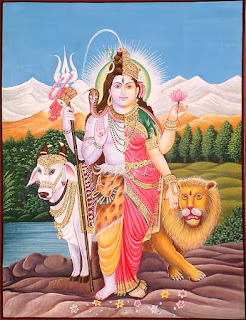
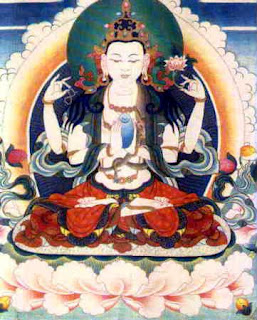
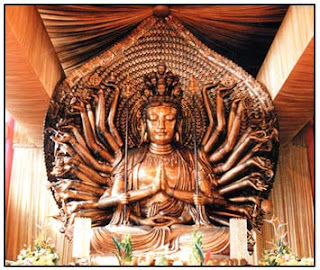

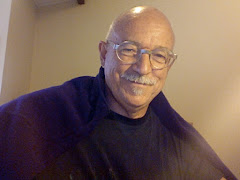
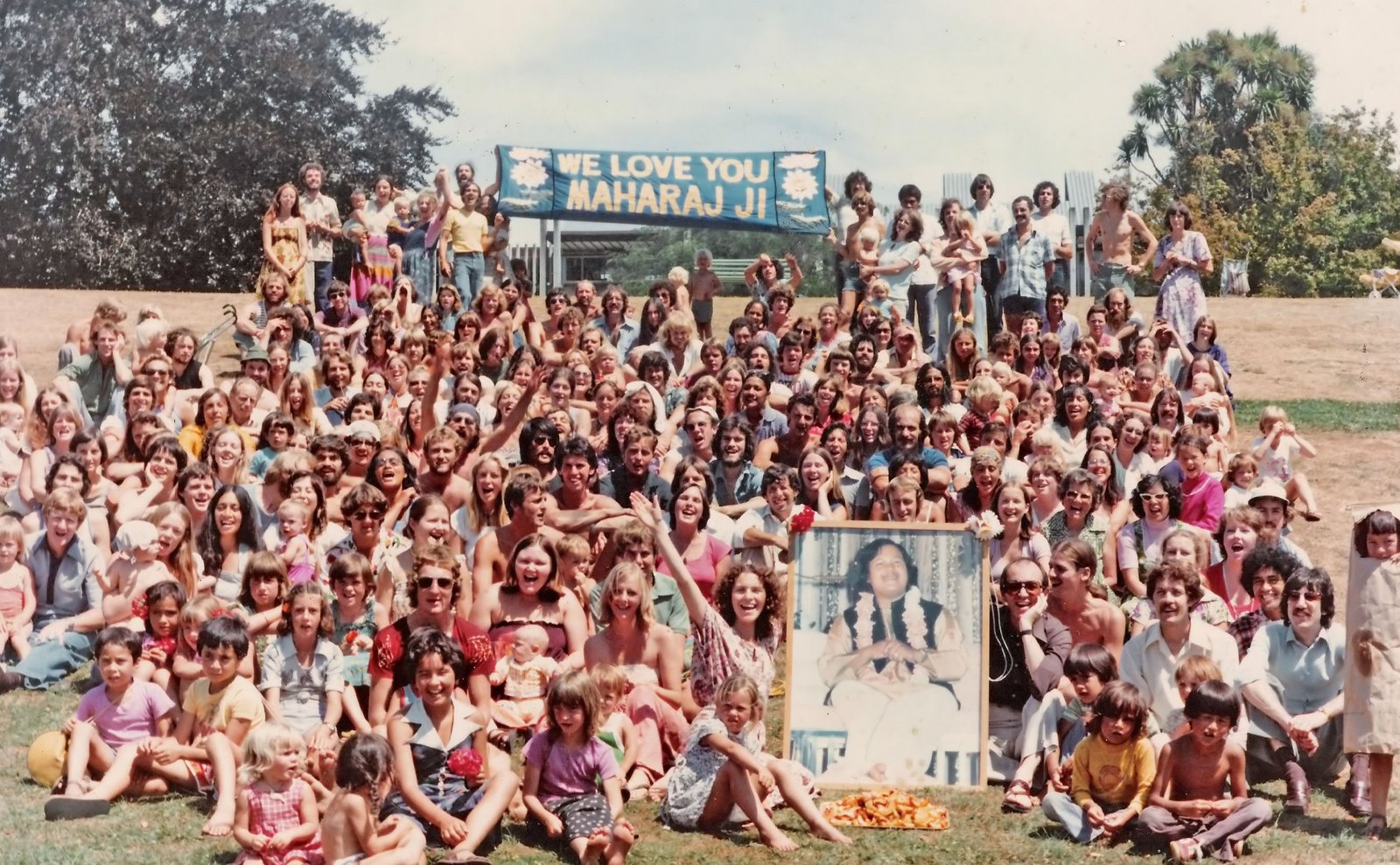
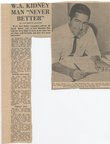
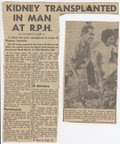







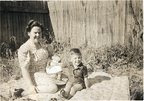
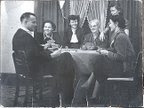
.jpg)

